Sustainable Development Goals
Main SDG introduction
World leaders adopted the 2030 Agenda for Sustainable Development and its 17 Sustainable Development Goals (SDGs) at a historic UN conference in September 2015. The SDGs call for action by all countries to promote prosperity while protecting the planet, thereby recognizing that ending poverty must go hand-in-hand with strategies to build economic growth, address social needs, tackle climate change and ensure environmental sustainability.
It is becoming increasingly clear that the sustainable management of productive forests in the tropics, and a sustainable tropical timber trade, can help in meeting future wood demand and achieving the SDGs. ITTO is empowered to promote the expansion of international tropical timber trade from legal and sustainable sources. It is perfectly placed, therefore, to assist countries in their efforts towards all the SDGs, especially SDG 1 (“No poverty”), SDG 12 (“Responsible consumption and production”), SDG 13 (“Climate action”) and SDG 15 (“Life on land”). Some of the ways it is doing this are outlined below.
Select one or multiple SDGs below to see ITTO’s contributions towards achieving them.
Please scroll down to see the search results
Most recent ITTO contributions to the Sustainable Development Goals
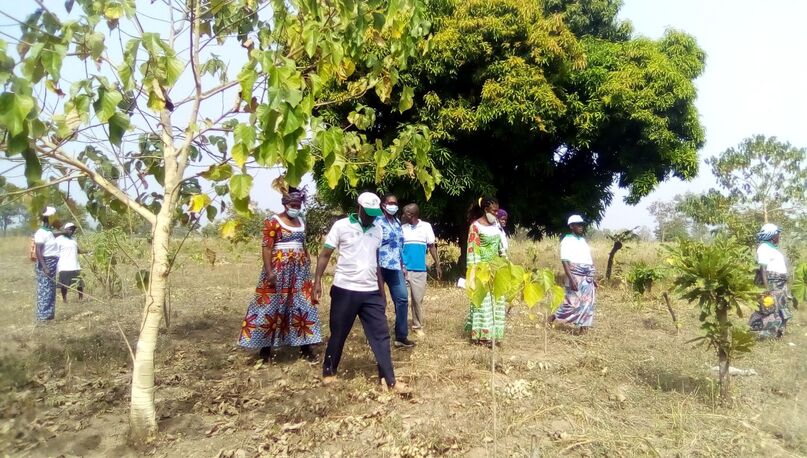
Fighting back against desertification and drought
No poverty Climate action Life on land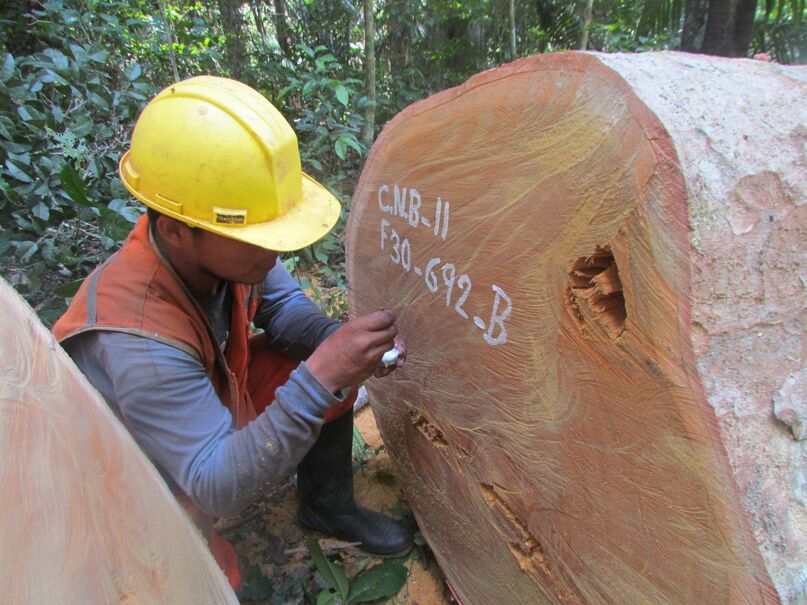
Peru’s private sector proposes forest-sector reforms
No poverty Responsible production and consumption Climate action Life on land Partnerships for the goals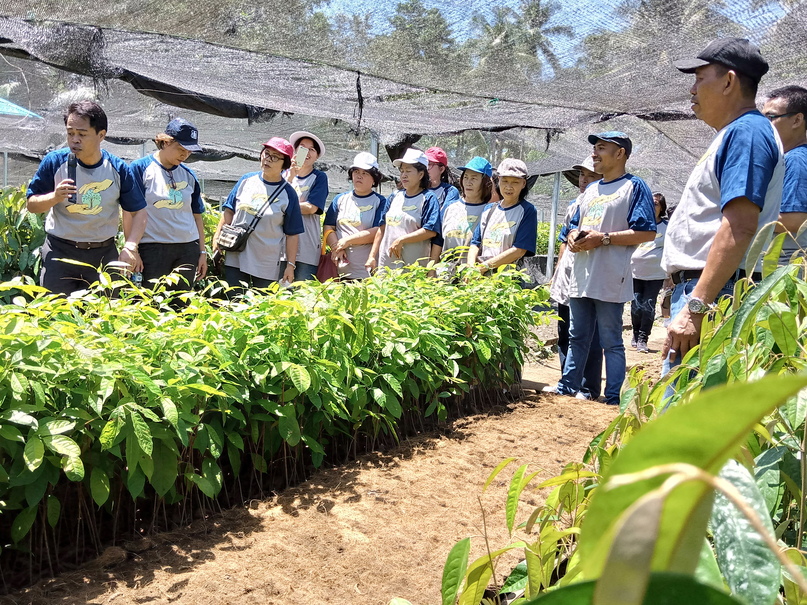
Singing from the treetops on World Environment Day—local people can create renewable resources
No poverty Responsible production and consumption Climate action Life on land
Recognizing the importance of sustainable tropical forestry on International Day for Biological Diversity
Responsible production and consumption Climate action Life on land Partnerships for the goals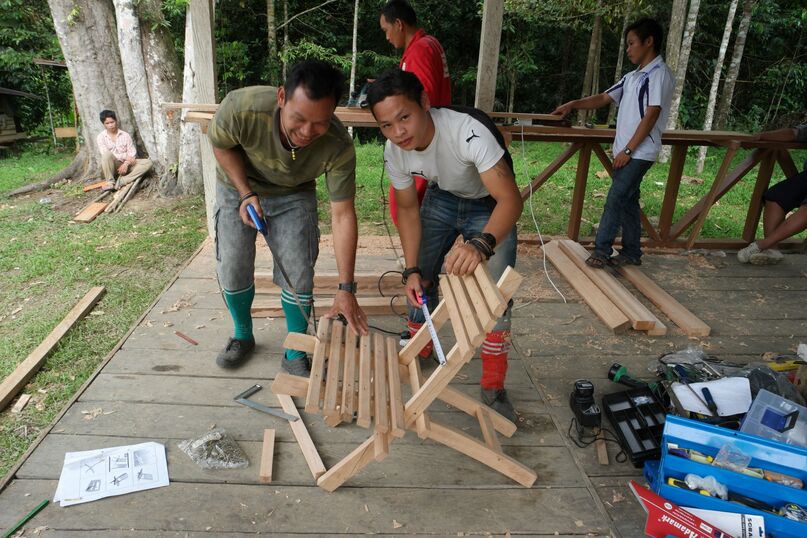
International Day of Forests 2022: Choosing sustainably produced tropical wood for people and the planet
Responsible production and consumption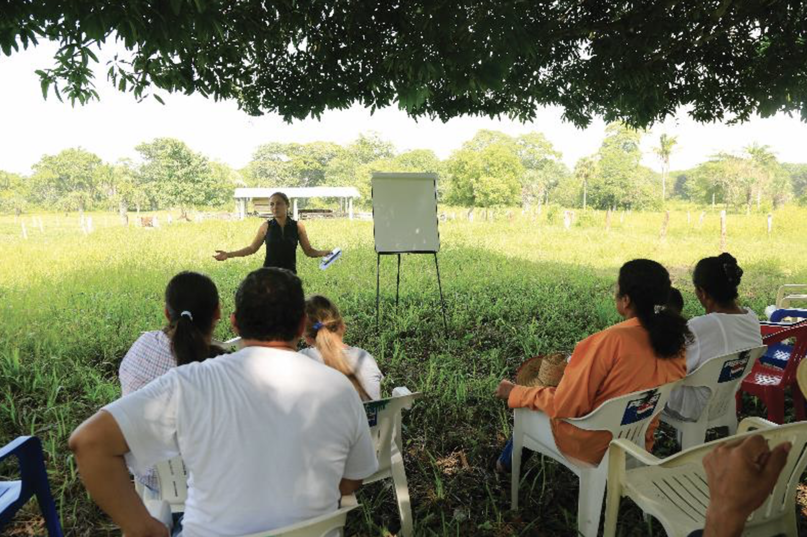
Women’s equality is key for achieving sustainable forestry in the tropics
Gender equality
Joint work between ITTO and Convention on Biological Diversity lauded
Life on land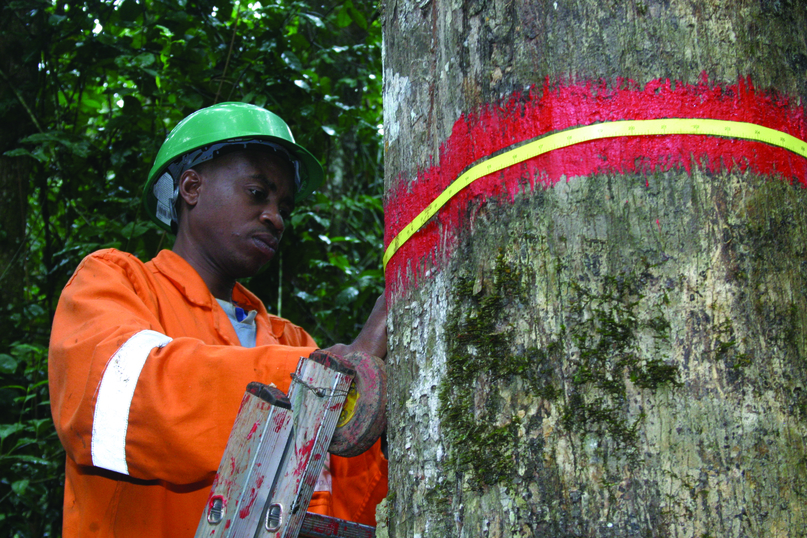
ITTO Executive Director calls for positive messaging on timber
No poverty Responsible production and consumption Climate action Life on land Partnerships for the goals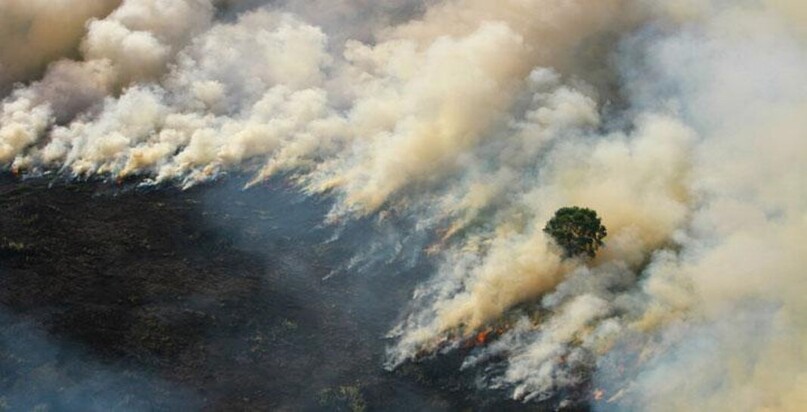
Improved tropical forest fire management essential for mitigating climate change
Climate action Life on land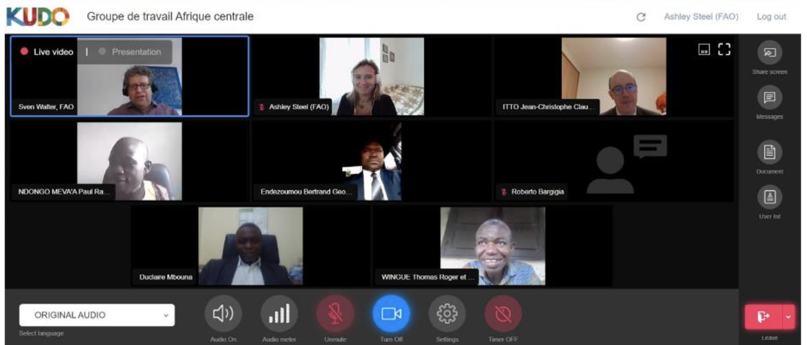
Workshop for West and Central African countries builds capacity in forest product statistics
Decent work and economic growth Industry, innovation and infrastructure Responsible production and consumption Partnerships for the goals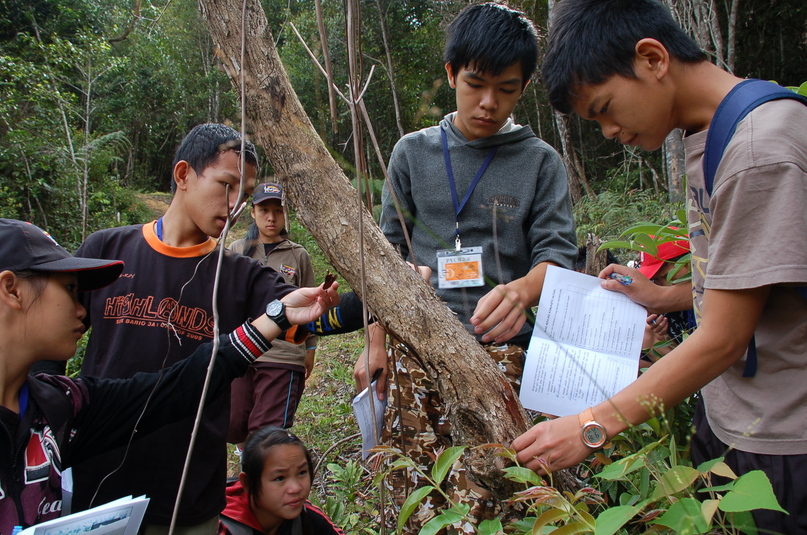
ITTO and IUFRO release learning modules to encourage forest landscape restoration
Quality education Sustainable cities and communities Climate action Life on land Partnerships for the goals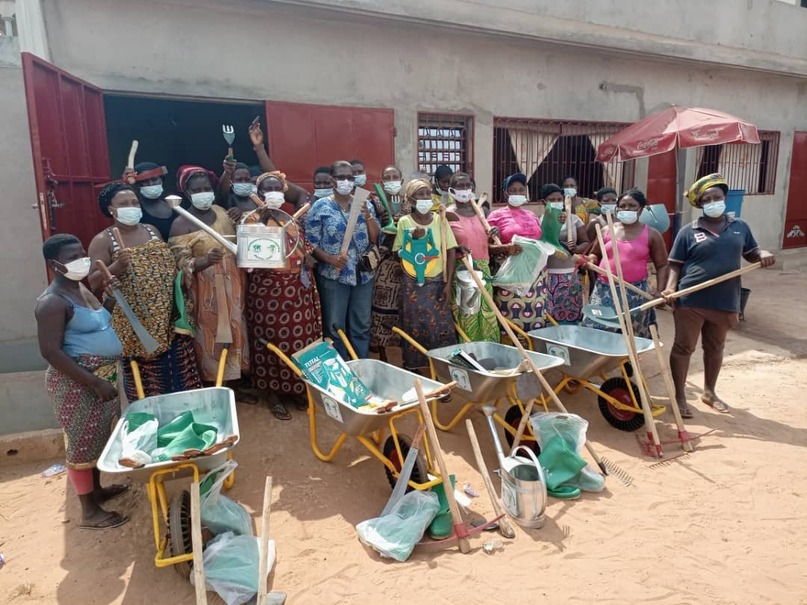
Togolese women are becoming restoration leaders, with ITTO and Soka Gakkai support
No poverty Zero hunger Gender equality Decent work and economic growth Climate action Life on land Partnerships for the goals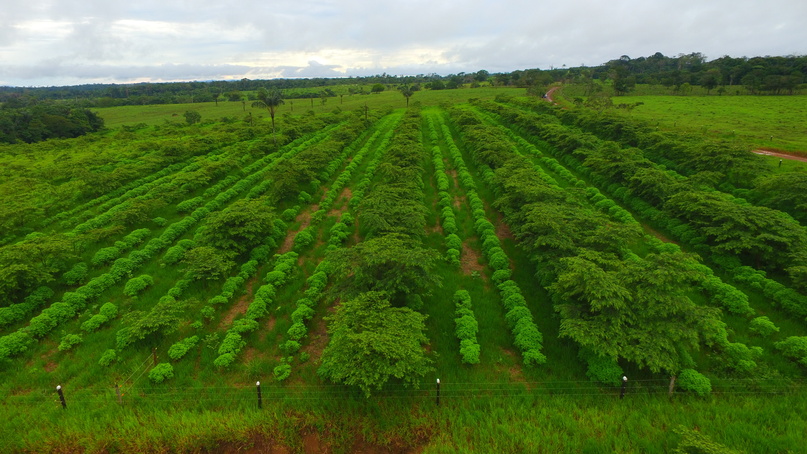
More outreach needed for uptake of forest landscape restoration in South America—webinar
No poverty Good health and well-being Climate action Life on land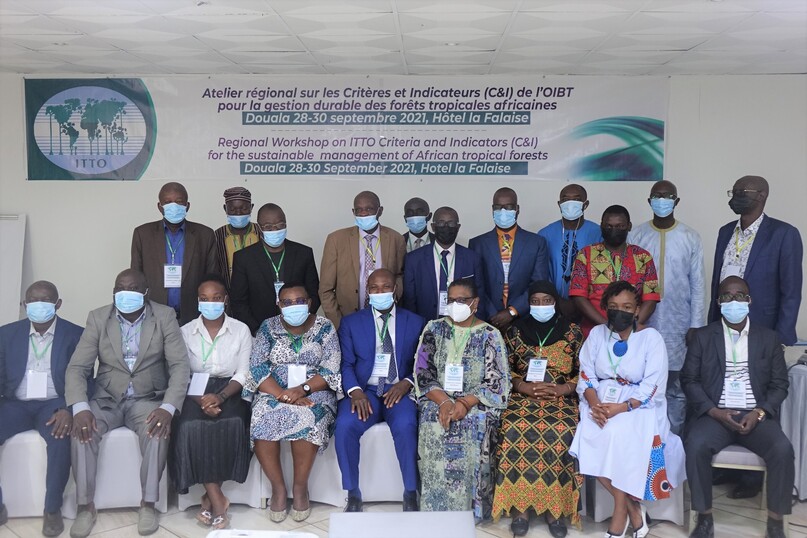
African forest experts endorse “new beginning” for SFM monitoring
Climate action Life on land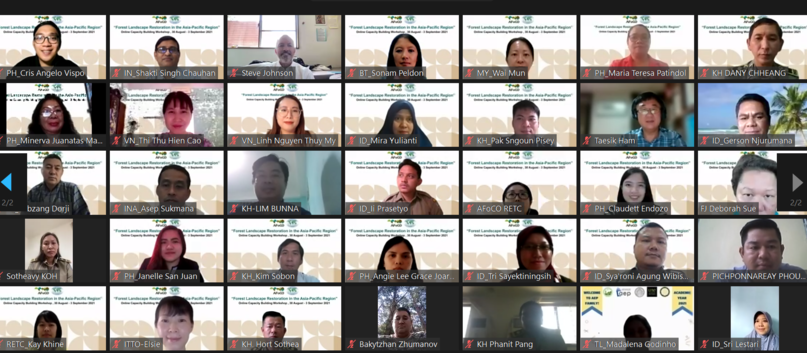
Workshop explores key elements of successful forest landscape restoration in Asia-Pacific
No poverty Good health and well-being Climate action Life on land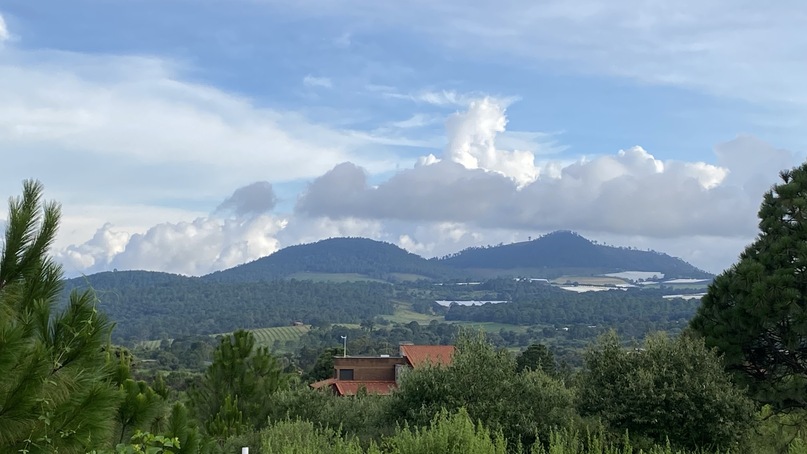
Local livelihoods the key to forest landscape restoration in Central America and Mexico—webinar
No poverty Good health and well-being Climate action Life on land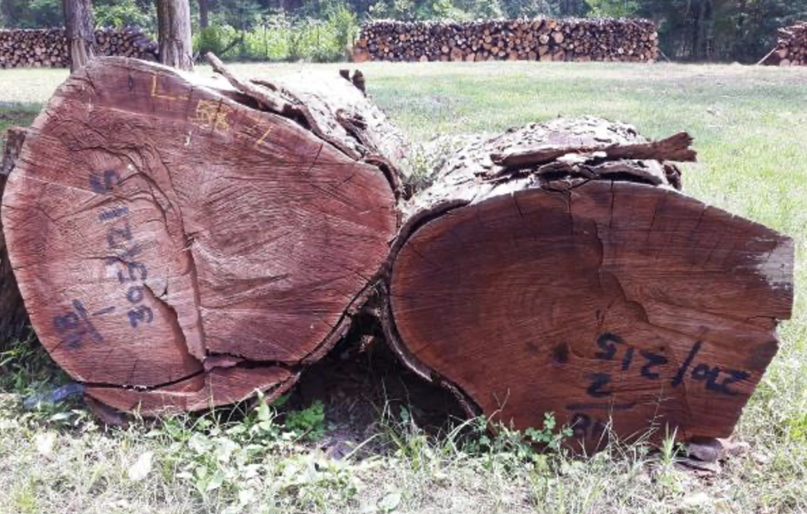
Demand for wood to surge in India by 2030—new report
Decent work and economic growth Responsible production and consumption Life on land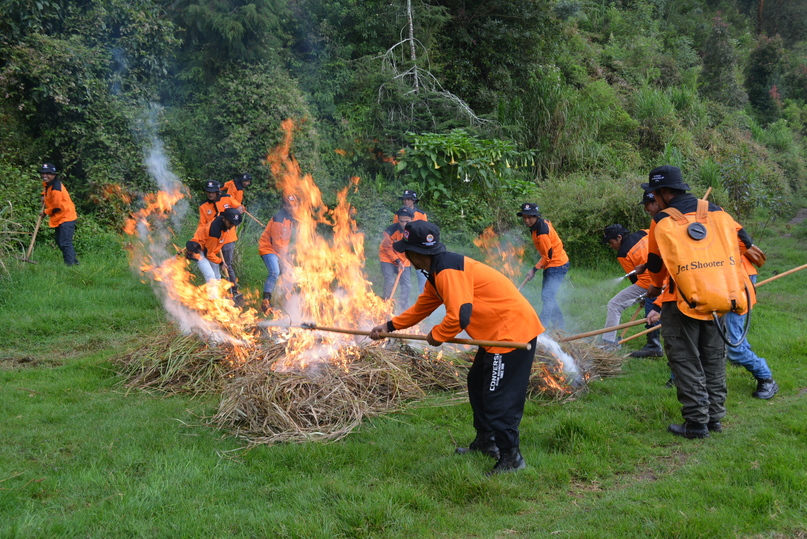
Webinar explores lessons on fire management in Indonesia
Climate action Life on land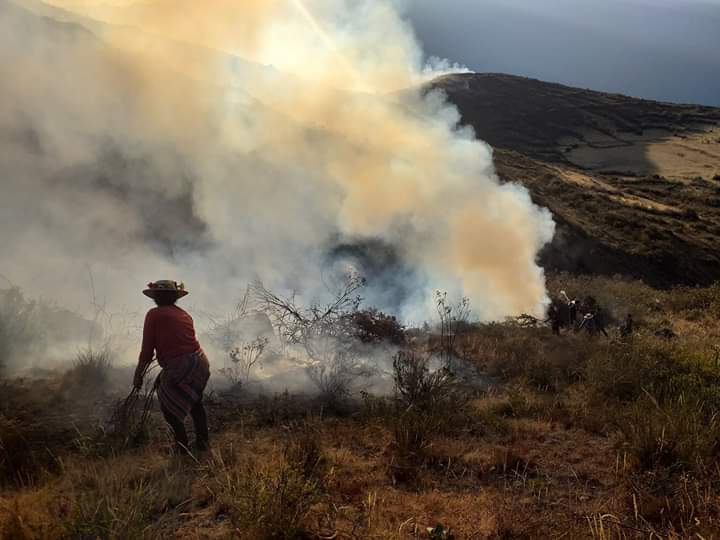
ITTO launches project to improve fire management in Peru
Climate action Life on land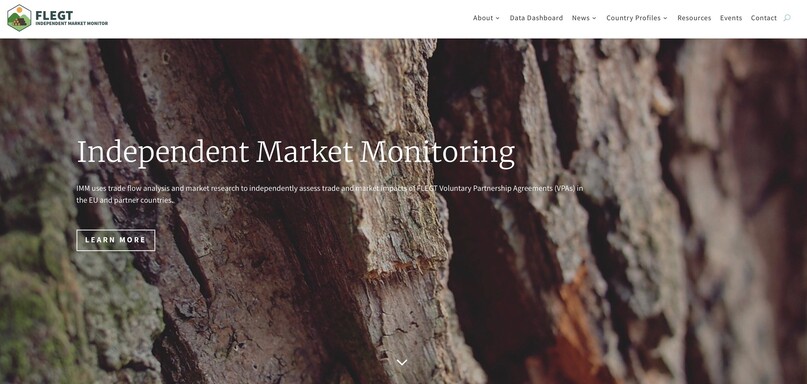
ITTO’s Independent Market Monitor renews its website
Responsible production and consumption